Five top tips for successful daily commuting by bike
Cycle commuting can be daunting but our advice on the best kit and preparation will make it a safer and much more enjoyable experience
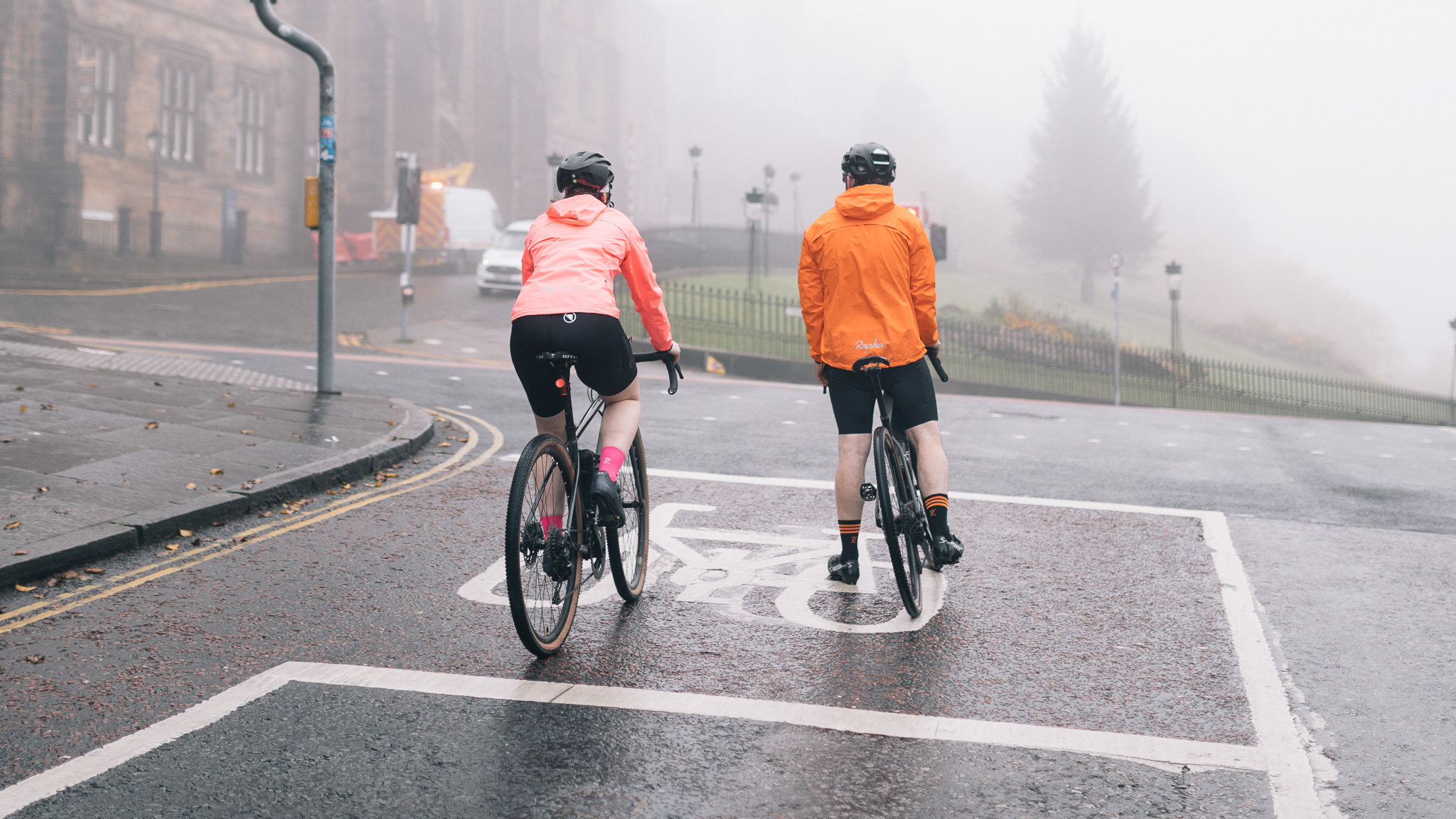
It’s that time of year when thoughts turn to ‘self-improvement’, and high on many people's lists is getting fit. But finding the time and motivation to exercise regularly isn’t easy. A daily cycle to your workplace could be your answer to getting fit, saving money and doing your bit to save the planet.
We recently joined Christina Gaiger, a seasoned commuter on her daily commute into Edinburgh, she also shared her years of commuting know-how with us and gave great advice for an all-new commuter including her top tips that could make you the ultimate commuter.
1. The Bike
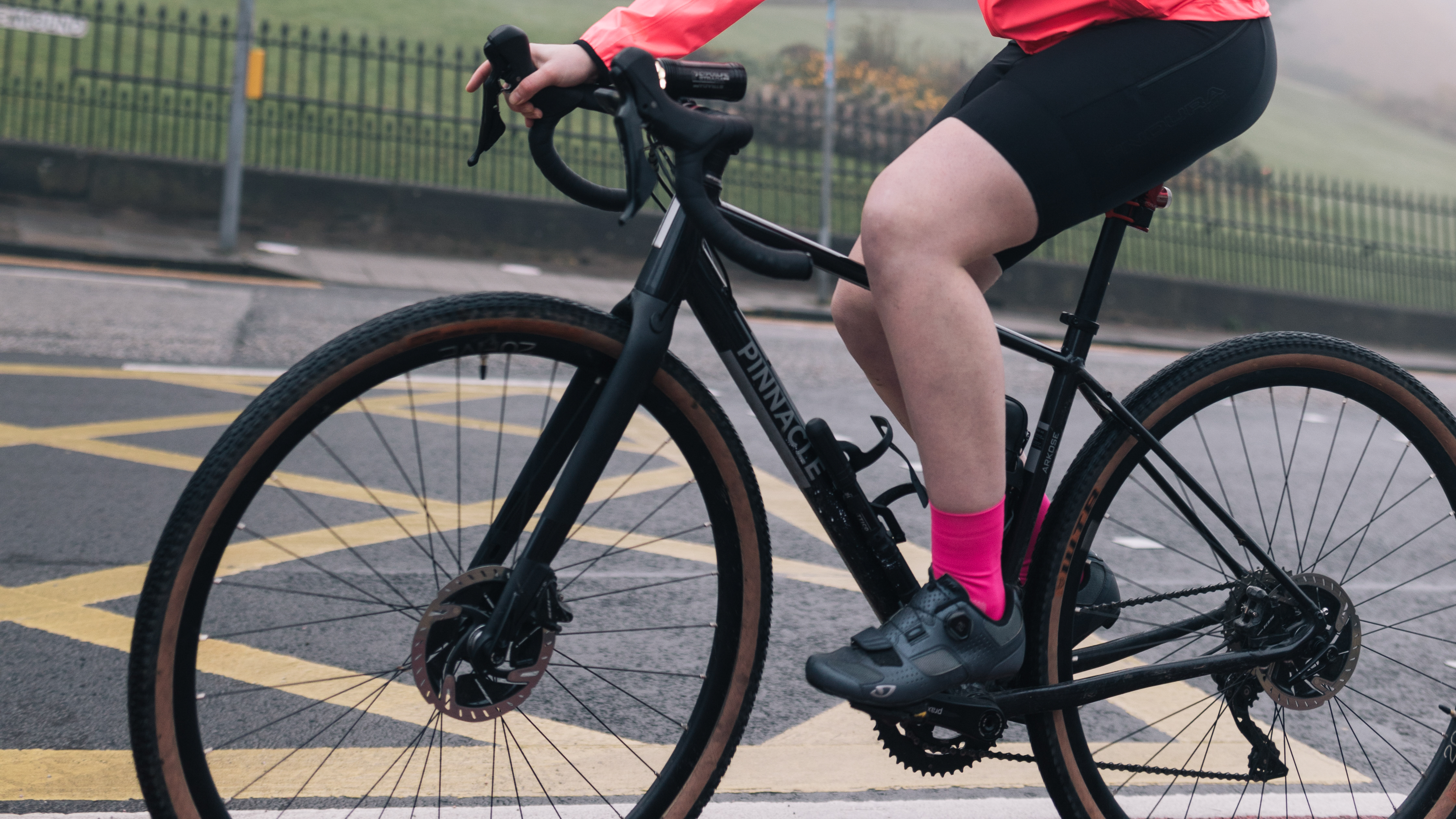
Christina told us "Any bike can be a good commuter, it doesn’t have to be super expensive, just safe and in good working order. My first few bikes I picked up on Facebook marketplace and they did the job just great. However, when we moved out of the city and the commute became a daily thing, I decided to buy something slightly better."
When Christina purchased her latest bike she made a few upgrades that can make it more cost-effective. Some of the changes included adding hydraulic disc brakes, wider tires, a threaded bottom bracket, fully housed cables and serviceable free hubs. After thousands of miles and some notable mishaps along the way, she would recommend all of the above and they have improved the safety, comfort and reliability of her bike.
2. Get some lights
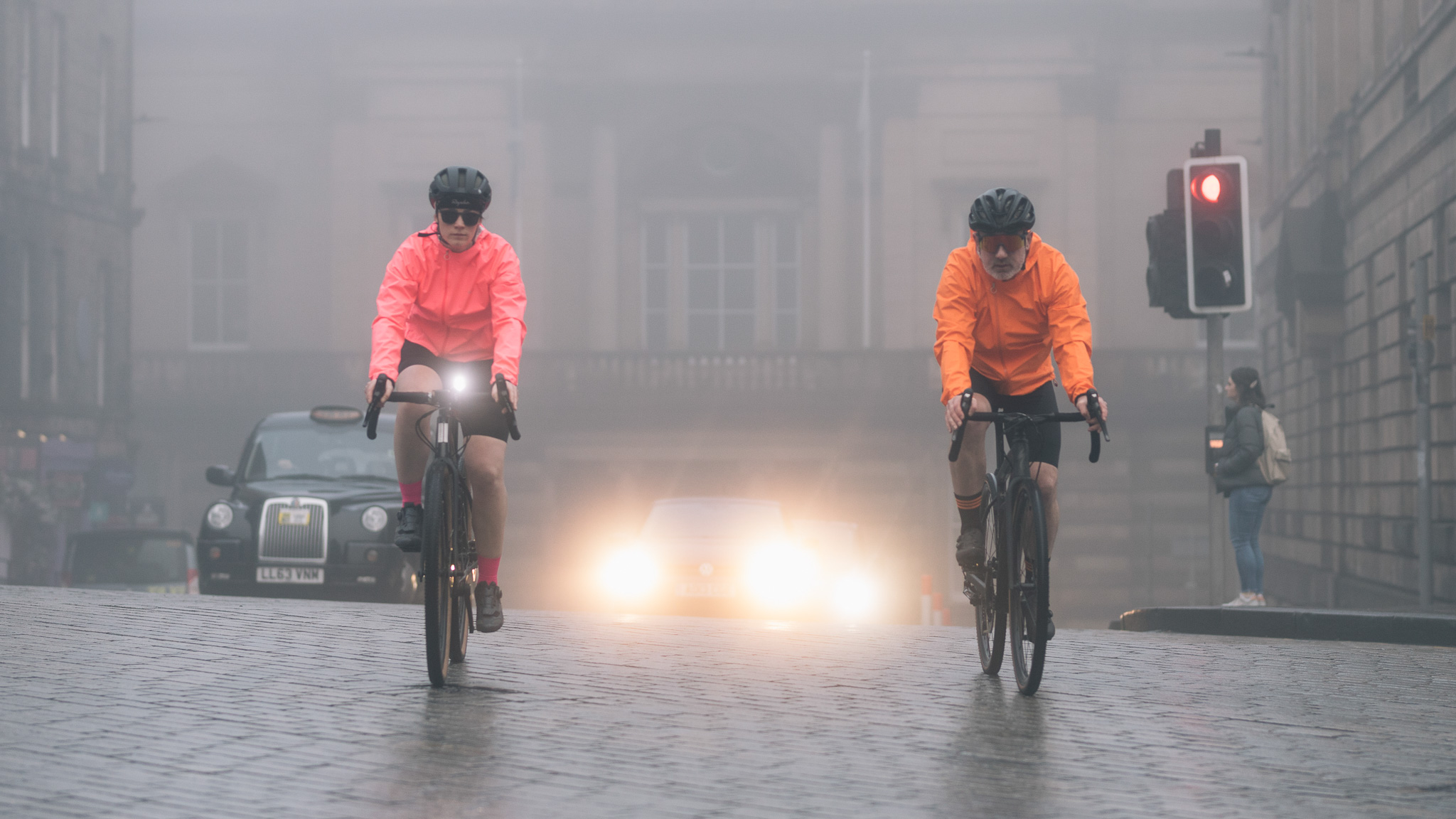
Having the best bike lights for your commute is crucial, and we have found that being seen is a must on today's busy roads. After commuting for so long, Christina quickly realised that riding with lights all year, day and night was the way to go, and in winter with shorter hours of daylight it means both morning and evening commutes are effectively night rides for her.
She uses Exposure lights for both front and rear lights and tells us why, "These lights are expensive and I don't suggest people need to spend so much but for the roads and conditions I ride, the powerful 1000 lumen output from the Exposure [front] light help me feel safe traveling at speed. They also help point out some of the crazy deep potholes that have appeared. The Exposure has a good battery life which means I can get to and from the office on one charge and you definitely don't want to run out of charge on your commute".
3. Riding kit
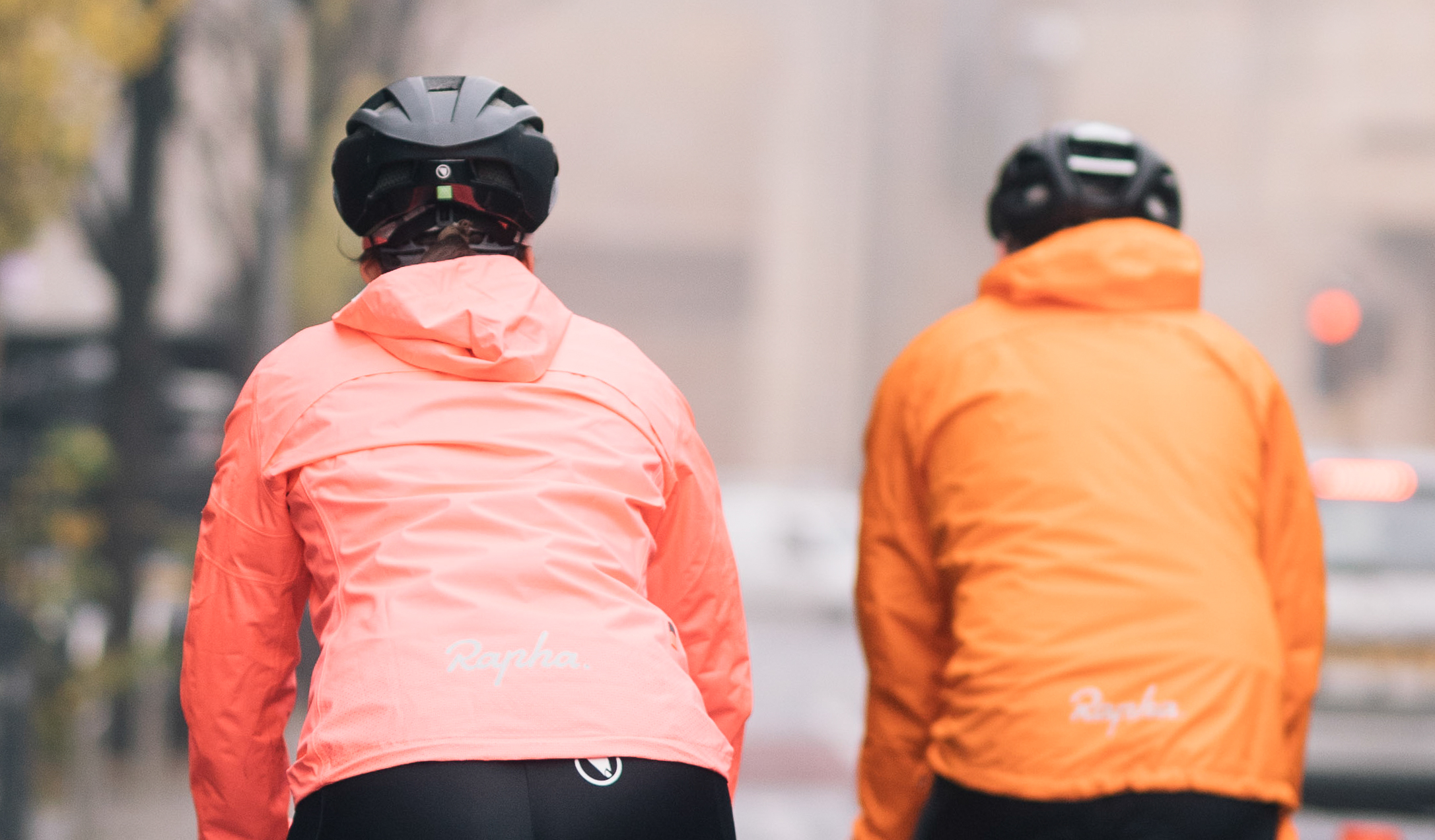
Christina told us she is a sufferer of Raynaud's syndrome, which is a condition that makes your fingers and toes change color and feel numb or painful when you are cold. So although she is begrudged to advocate the need for expensive gear, when it comes to the best cycling gloves and the best cycling shoes she has made sure she has sourced the best she could.
"Having the best kit available is even more prevalent for me. The best waterproof jacket I could find, multiple layers, waterproof yet breathable everything, overshoes and a few pairs of gloves has helped combat Raynaud's symptoms. Scotland’s changeable weather, cold winds and rain will catch you out without warning, so proper clothing is a must. Also obvious is having the best cycling helmet you can afford, I've been knocked off my bike and would have had a serious head injury without a helmet. It's baffling to me the number of people I see that still don't wear one."
4. Preparation
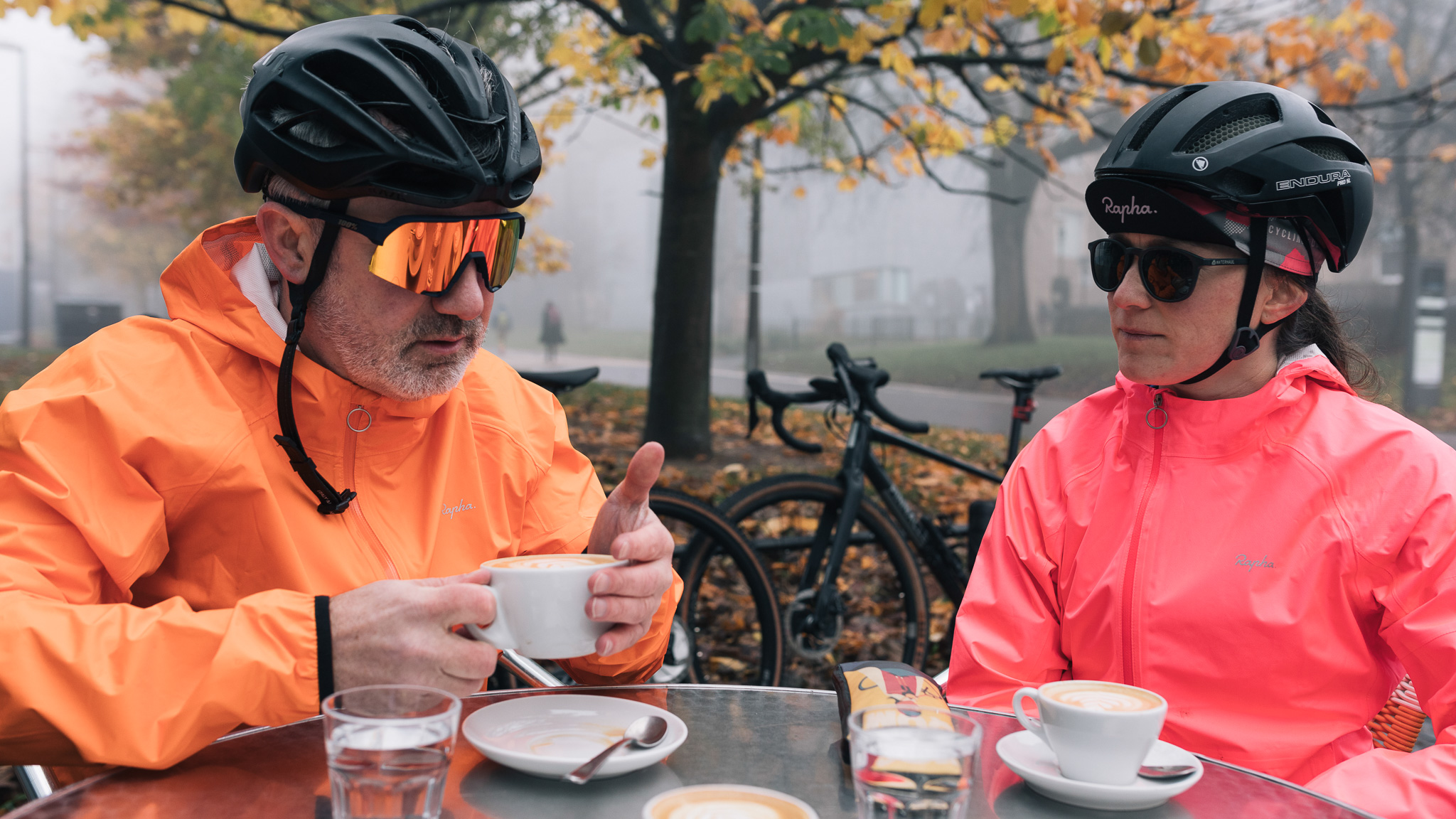
An early morning deal breaker for Christina can be a lack of preparation and can have her reaching for the car keys.
"First thing is coffee, setting me up for the day and then to avoid rushing around looking for a missing glove or another item that the dog has usually stolen, I've found that having everything ready to go the night before, clothes laid out, lights and bike computer charged and a bike check is key. Definitely don’t rush the bike check, low tire pressures, loose bolts, and missing bits from your tool kit could spell disaster on your ride"
5. Road awareness and etiquette
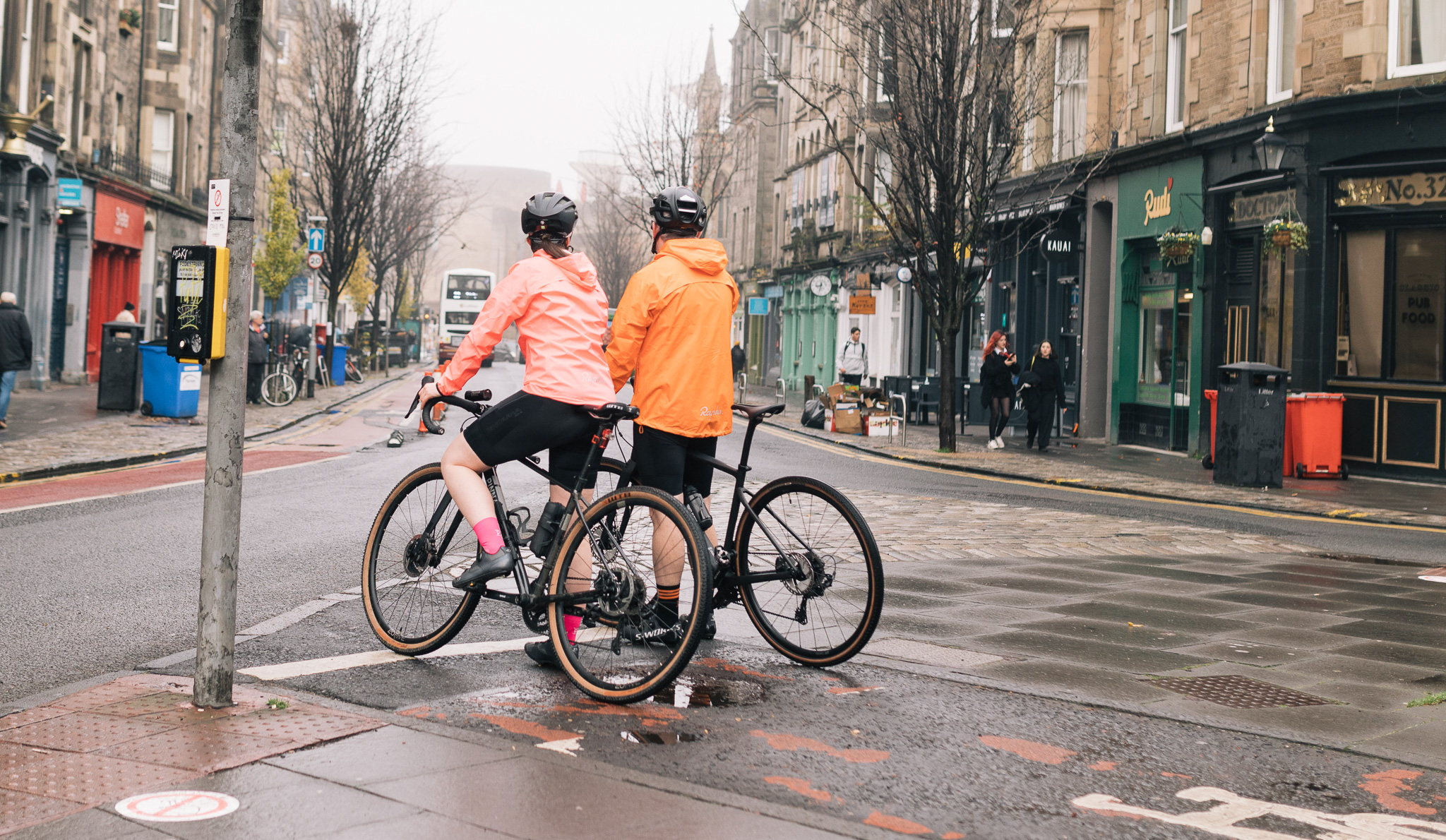
Saving her best advice until last and something that its of vital importance to all cyclists – behaviour on the road.
"As cyclists, we are all too aware of the animosity directed our way, all too often leading to awful consequences. On every ride, please don’t fuel this fire and behave as a role model for all cyclists. Obey the Highway Code and don’t run red lights. Be courteous and pay attention when on the road, passing on thanks where possible to respectful motorists. I’m not saying there aren’t other serious issues at play, but we have an obligation as a cycling community to better shape our image, if only for our safety and I can’t emphasize enough how important this is."
Hopefully these tips will help you on the start of your commuting journey. Thanks to Christina for her time and we look forward to riding with her again very soon.
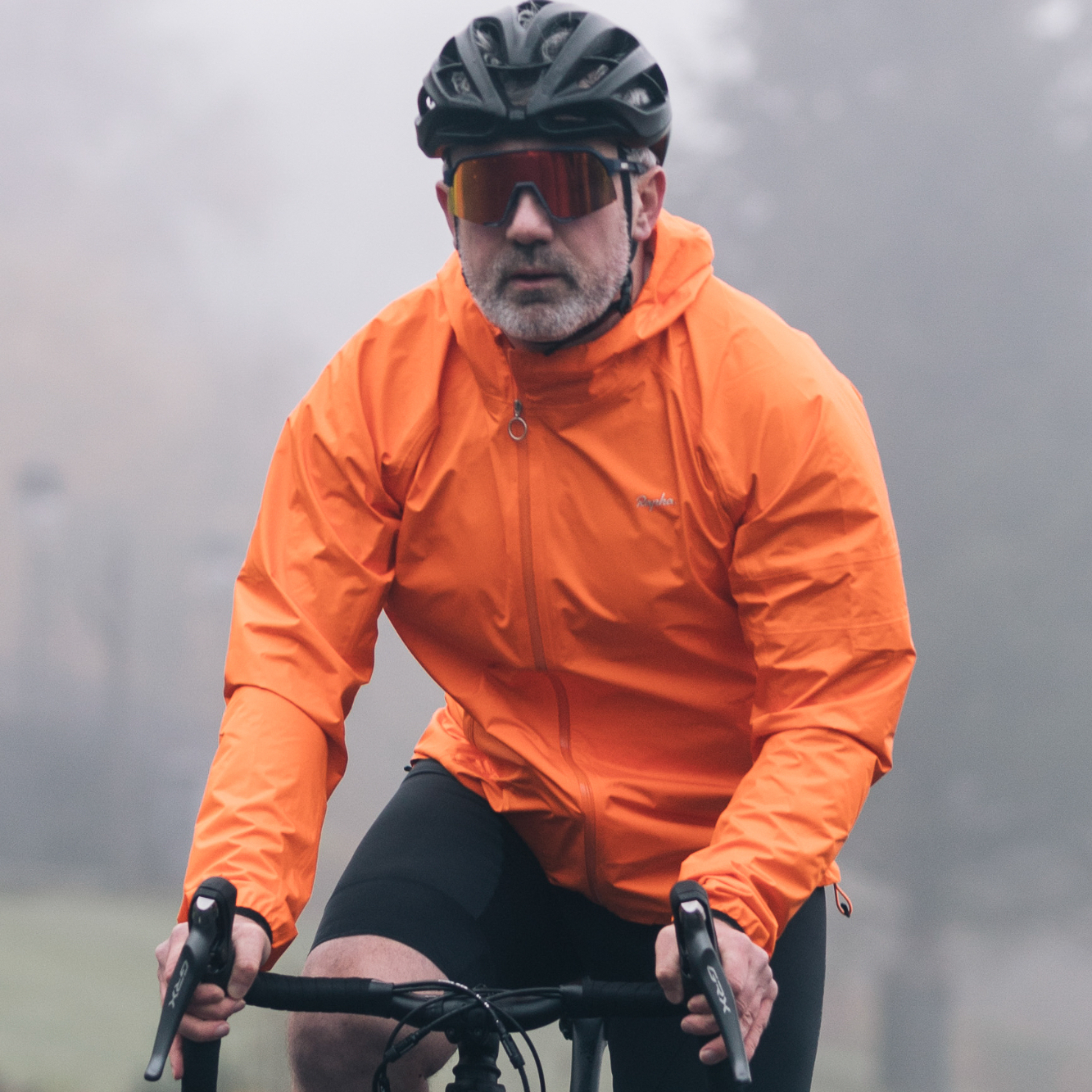
Paul Brett joined BikePerfect as a staff writer in 2022. He has been an avid cyclist for as long as he can remember, initially catching the mountain biking bug in the 1990s, and he raced mountain bikes for over a decade before injury cut short a glittering career. An award-winning photographer, when not riding a bike, he can be found at the side of a cyclocross track or a downhill mountain bike world championship shooting the action. Paul was the founder, editor and writer of Proper Cycling magazine, and he's traveled the world interviewing some of the biggest names in mountain biking and writing about some of the biggest cycling brands.
Current rides: Canyon Inflite, Specialized Diverge, Marin Alpine Trail 2
